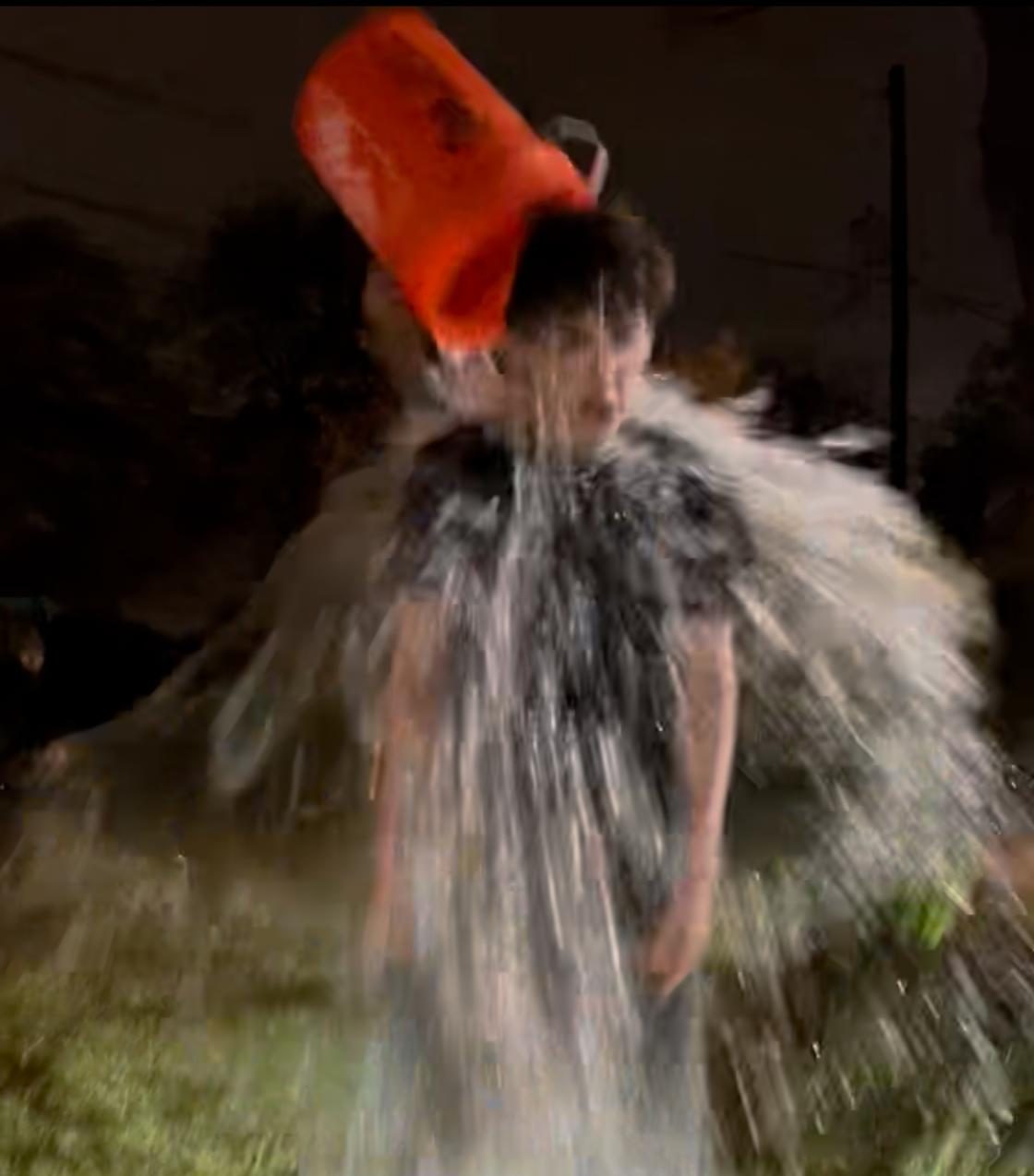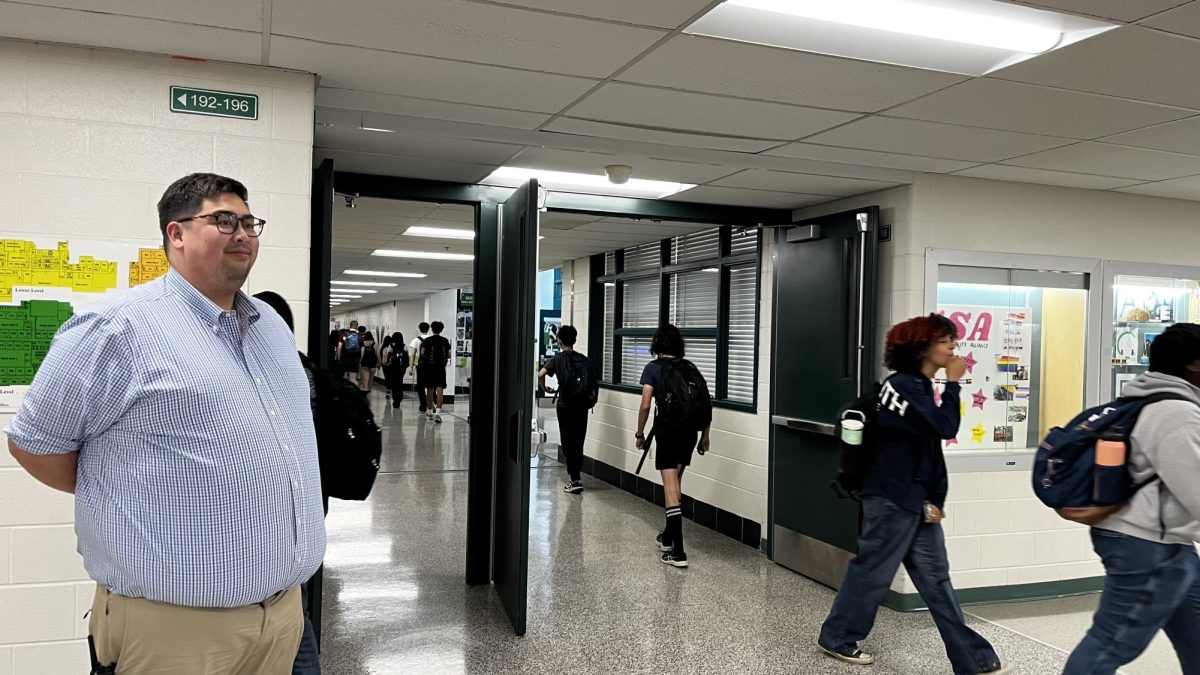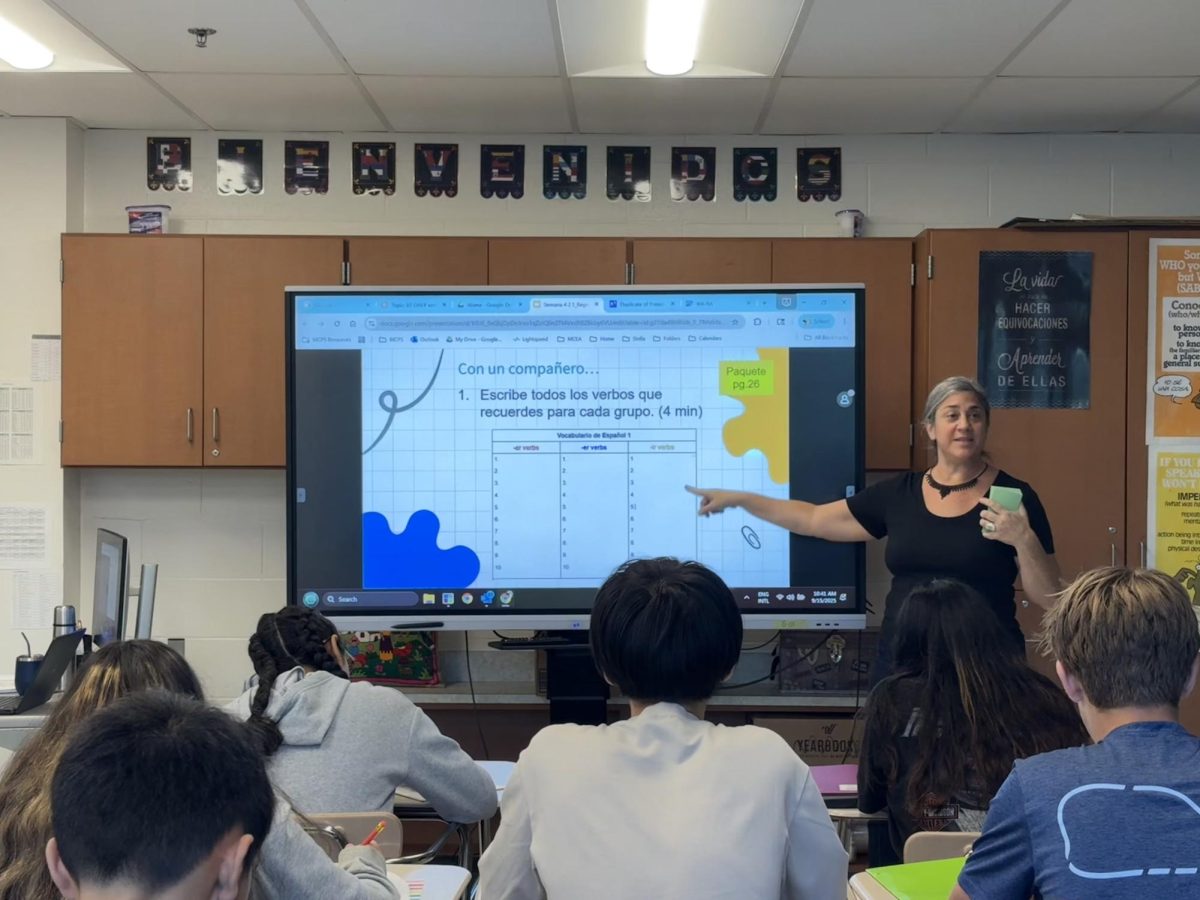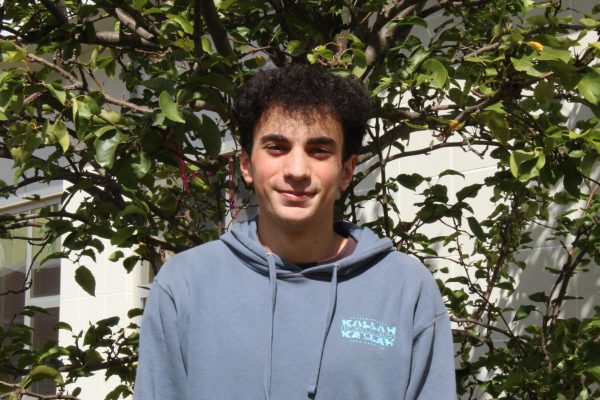This spring, icy water once again became a symbol of solidarity. This time was not for Amyotrophic Lateral Sclerosis (ALS), but for the fight to destigmatize mental health. University of South Carolina’s (USC’s) “Speak Your Mind” Challenge, started by USC’s Mental Illness Needs Discussion club, focuses on raising awareness and promoting open conversations about mental health. According to NBC News, USC student Wade Jefferson founded the club after one of his friends committed suicide. This social media challenge was first started on March 31 and quickly spread across the country and throughout the world.
The impact of mental health in the US is visible. According to the National Alliance on Mental Illness (NAMI), 22.8% of U.S. adults experienced a mental illness in 2021. That equates to about 57.8 million people and over one-in-five adults. In addition, about 16.5% of U.S. youth between the ages of 6-17 experienced a mental health disorder in 2016. NAMI also notes that of those adults dealing with mental illness, only about 47% of them actually received treatment, and increasing this statistic is a huge goal of the creators of this challenge.
The challenge involves being recorded on video and having a bucket of ice and water being poured over one’s head. In the video, it continues with the person nominating an average of three new people to complete the challenge as well. The video then gets posted to their Instagram for followers to see and for nominees to repost.
“I did the challenge because I felt like it was an actually good cause, but at the same time I felt bad [if I didn’t do it] because the cause was very notable,” junior class secretary Mya Andriamalala said. “If I didn’t participate in it, I felt like it would be a bad look.”
This challenge is reminiscent of 2016, when the internet was taken over by the ALS Ice Bucket Challenge. The challenge was co-founded by Pat Quinn and Pete Frates, two men who were diagnosed with ALS at a very young age. ALS is a neurodegenerative disease that affects nerve cells in the brain and spinal cord. The disease causes muscle weakness and later leads to full paralysis. The ALS challenge ended up raising $220 million worldwide, with the largest individual donation being $3 million.
This year’s challenge especially gained popularity during MCPS’s spring break, as students were out of school. Students were seen doing the challenge in a variety of places, including hotel room showers, beaches, front lawns and even while kayaking on a lake.
The challenge also got involved in the highly contested SMOB election for MCPS. SMOB-elect Anuva Maloo also participated in the challenge during her campaign, thanking all MCPS students for nominating her, and speaking about her mental health goals if she were to be elected later on.
So far, the organization Active Minds has raised over $400,000 from the challenge, with the club encouraging donations to the organization. Even though the challenge is starting to die down, a big thing to look out for is to see what impact this challenge will have in the future.
Junior Oliver Gray also participated in the challenge. “A lot of people took notice of the challenge and realized that mental health is an issue that needs to be dealt with,” Gray said.









